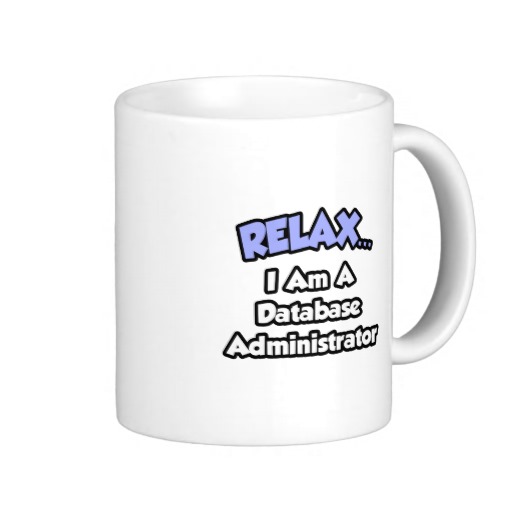 A Database Administrator (DBA) is the person in charge of all the procedures involved in database development, organization, retrieval and security. A DBA has to understand how data is related to other data in the system and then organize it accordingly.
A Database Administrator (DBA) is the person in charge of all the procedures involved in database development, organization, retrieval and security. A DBA has to understand how data is related to other data in the system and then organize it accordingly.
Importance of Database Administration
Database is the backbone to any organization. Database administration is thus a priority to every enterprise. Due to globalization and the increase in employee and client base, companies need to manage very high volumes of data. Database administration is thus an essential requirement for every big company.Tasks and Responsibilities of a DBA
The DBA is accountable for planning, designing, developing and managing new and existing databases. Some of the major tasks of a DBA are:- Monitoring database access and security.
- Analysing performance and updating parameters for delivering faster access to front-end users.
- Data modelling and designing database as per the system storage requirements.
- Installing and analysing new versions of Database Management Systems (DBMS).
- Handling documentation, procedures and metadata.
- Managing user privileges and access permissions.
- Building and then testing back-up and recovery plans.
- Working collaboratively with programmers and IT project managers.
- Regularly interacting with technical staff for ensure database integrity and security.
Skill Requirement
 Organization Skills: A DBA must have good organization skills for handling large databases. This is to ensure that the data is well organized to be easily accessible by users and also to improve performance. An imperfectly organized database will lead to slower data access, which might further result into user frustration and decrease in productivity.
Organization Skills: A DBA must have good organization skills for handling large databases. This is to ensure that the data is well organized to be easily accessible by users and also to improve performance. An imperfectly organized database will lead to slower data access, which might further result into user frustration and decrease in productivity.

Educational requirements
A bachelor’s degree (or an equivalent diploma) in computer science or related field is a must for this job. For entry level positions some companies might prefer candidates with some relevant work experience but fresh graduates are also considered by a number of companies. For managerial positions, companies prefer candidates with a master’s degree in Computer Sciences or database administration, plus certifications.Certifications
Here are some certifications provided by some big organizations like Microsoft, IBM and Oracle:- Microsoft Certified Database Administrator (MCDBA)
- Oracle Database Administrator Certified Associate (OCA)
- IBM Certified Database Administrator
- My SQL Database Administrator



